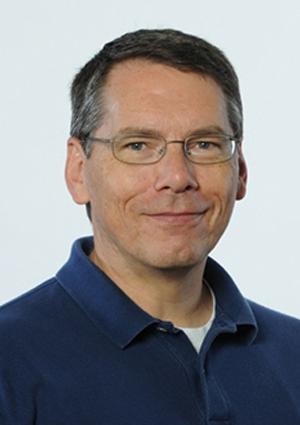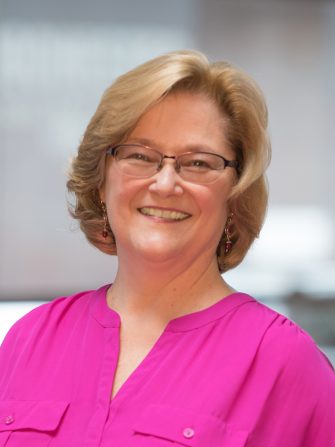by Jarod Lau
This summer, Summer@Eastman is excited to offer an Advanced Placement Summer Institute for music educators to become trained and certified to teach AP Music Theory. We spoke with course instructor Dr. Joel Phillips (Westminster Choir College) and Dr. Betsy Marvin (Eastman School of Music), who instigated the course, to learn more about the program.
Dr. Joel Phillips (Westminster Choir College) and Dr. Betsy Marvin (Eastman School of Music)
Who would you encourage to attend?
Joel Phillips: This Advanced Placement Summer Institute (APSI) targets several audiences. First of all, it is aimed at people who have never taught the AP Music Theory course before, as well as to experienced high school AP music teachers who would like new ideas. Music education students, both upper-level undergraduate and graduate, are very welcome, too; adding this skill set to their CV improves not only their teaching capability but also their marketability. Similarly, students of music theory may find the pedagogical emphasis to be helpful as they prepare themselves for college-level teaching.
Betsy Marvin: You don’t need to be a theory wiz to benefit from this course. This course is designed to teach the fundamentals of theory, and everyone is encouraged to attend. Any teacher at any level is welcome; the institute will provide anything and everything you’ll need to know.
Can you give us an overview of the institute?
Phillips: The APSI is a crash course in music theory pedagogy, emphasizing music theory skill development and teaching strategies. It also distills the AP Music Theory course curriculum, its examination content and scoring, and gives insights into how teachers may better prepare students for the examination. Besides improving their teaching, participants frequently comment that the course helps give them greater confidence in teaching music theory.
Marvin: The course will review all theory concepts and strengthen the pedagogy associated with them. The course will also cover how to be approved by College Board to run the class, as well as the accompanying behind-the-scenes work. Participants will learn how the AP® exam works, and with that information how they can help students best learn the material so they can be prepared.
What are your goals for the students?
Phillips: Participants will examine AP® Music Theory course content and relevant materials and develop strategies to improve classroom instruction. They will analyze selected problem types typical of first-year college music theory, infer their construction and solutions, learn to create comparable questions for their own classroom use, and learn ways to evaluate student responses to these problems. Ultimately participants will be able to develop or refine their own music theory course and earn the College Board’s approval to offer the AP Music Theory course.
Marvin: The content will cover what is essentially equivalent to first-year college theory. High school teachers shouldn’t be concerned about advanced content; the main focus will be on theory fundamentals comparable to a college 101 course. There will be a part-writing section and an aural skills section to the course.
What are the highlights of this institute?
Phillips: Many people I meet had negative experiences in their own musical training, feeling that they’d taken a course in music THEORY, not one in MUSIC theory. Most exciting to me is the opportunity to show colleagues how to make musicianship training a truly musical experience that emphasizes performance, creativity, and the development of their own musical voice.
Marvin: The best part of the institute is that it is a hands-on experience for all participants. Students will be dictating, composing, and working together on a variety of projects. During the week of the institute, the Xerox Rochester International Jazz Festival will also be taking place in the city, so participants will have the opportunity to attend several performances in the evenings after daily coursework.
Are there any other details you would like to add?
Phillips: Each day is its own mini whirlwind! I begin the course with an activity that demonstrates the importance of skills integration as well as the end-of-year goals of the course. Then we back up to discover how to create the scaffolding necessary to reach those goals. By the end of the week, when participants’ cups runneth over (and hopefully just prior to the gnashing of teeth and rending of garments), we circle back to show creative ways to approach the teaching of rudiments since that will be the first thing they do in their own course. Anyone interested is welcome to contact me with questions by email: phillips@rider.edu
Marvin: When you become part of the AP Theory community, you really do become part of a larger community. You’ll become networked with these people; it’s a great way to connect with other music teachers across the nation. This institute will introduce you to potential lifelong colleagues who you’ll continue to see around at other conferences and events.
For further information about the AP Theory Institute and application information, click here.

